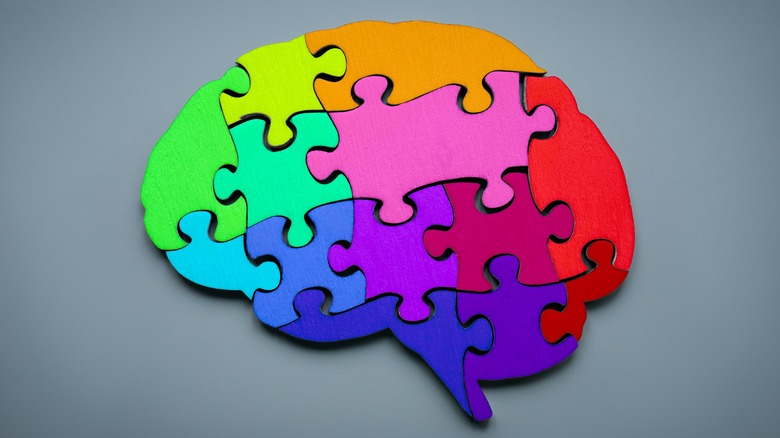When thinking of Attention Deficit Hyperactivity Disorder (ADHD), many people picture the disorder in children. Although some individuals are diagnosed with ADHD when they are children, the disorder can persist into adulthood.
Approximately 2.5% of adults live with the disorder, and it’s suspected that more adults with ADHD have never been diagnosed, according to Healthline. Females with ADHD are more likely to go undiagnosed, due to the misconception that ADHD is a “male disorder,” and the fact that symptoms in females often present differently, ADDitude shares.
Because people might be struggling with the disorder yet are undiagnosed, it’s critical to acknowledge the symptoms of ADHD in adults. Adult men with ADHD may feel shame over problems related to their career, as they can have difficulty getting along with others (per ADDitude). In addition, they may have trouble managing their anger and rage, or problems with expressing their emotions.
Women with the disorder are likely to express inattentive symptoms of ADHD, such as having difficulty paying attention and trouble organizing and following instructions. Women with the disorder can also exhibit hyperactivity symptoms, which may make them appear extremely social (per CHADD).
To make matters even more complex, not everyone with ADHD lives with symptoms so severe that they are unable to function. As reported in Understood, ADHD symptoms occur on a spectrum. Individuals with less severe symptoms of ADHD, or with more severe symptoms they are able to manage, may be referred to as “high-functioning,” explains WebMD.
How does it feel to have high-functioning ADHD as an adult?

While someone with high-functioning ADHD may be able to manage their condition, it doesn’t mean living with the condition isn’t still a struggle. WebMD reports that people with high-functioning ADHD can go many years without being diagnosed, since they can appear to be doing well academically. Some high-functioning individuals could receive additional support or have learned strategies to cope with their symptoms, which may help to reduce their severity.
According to PsychCentral, those with high-functioning ADHD may feel misunderstood, as others may invalidate their symptoms since they appear to be functioning well. Other people may even perceive them as highly successful overachievers. Internally, however, someone with high-functioning ADHD can experience many of the same symptoms as anyone else living with the disorder, such as restlessness and impatience, forgetfulness, impulsivity, and difficulty paying attention.
Individuals with high-functioning ADHD can experience emotional challenges related to their condition. As shared in ADDitude, many people with the condition feel shame and pride related to their academic performance, which can prevent them from talking about their internal struggles. When they make a mistake or are unable to remember more or process information faster, they may criticize themselves.
Educating oneself on the characteristics of a brain with ADHD, reaching out for help by opening up to a trusted friend or therapist, and practicing self-care and self-acceptance may help someone with high-functioning ADHD cope with their disorder.




